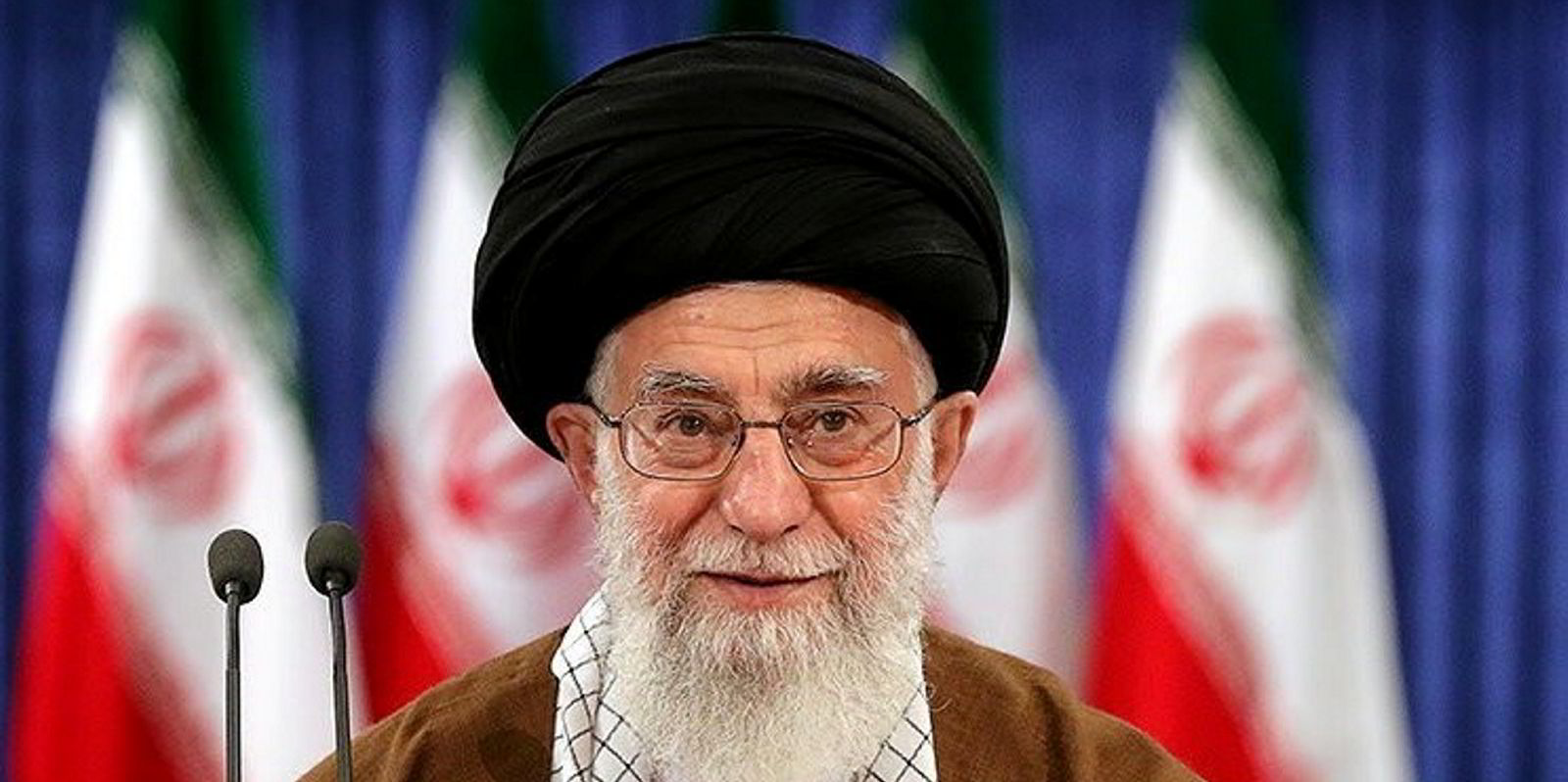Prominent tanker experts from Euronav and Poten & Partners have eyed a scrapping spree of tankers later this year amid progress in nuclear talks between Iran and the US.
Washington and Tehran have been in discussions to revive an international nuclear deal for weeks, and Iranian officials reportedly said the US would soon lift many sanctions including those on the oil sector.
Erik Broekhuizen, who heads brokerage Poten’s research operations, said many ships currently engaged in the Iranian trade could head to the scrap yards once sanctions are lifted.
Industry estimates shows more than 110 oil and gas carriers have been transporting Iranian cargoes since the US re-imposed sanctions on the Opec member in 2018.
Of those, a total of 54 VLCCs and 20 suezmaxes are currently used to carry oil from Iran, Gibson Shipbrokers has estimated.
Vessels in the illicit trade “earn premium rates by skirting US sanctions against Iran,” Broekhuizen said. “If the US and Iran reach an agreement and sanctions are lifted, these ‘rogue’ vessels will lose their [reason to be] and could be prime scrapping candidates.
“What will happen with the Iran nuclear deal could be one of the most important wild cards in the tanker market in the coming months.”
Despite an uptick in scrapping volume since March, the number of tankers sold for demolition has so far been limited this year.

Clarksons Research counted 45 tankers totalling 3.2m dwt in scrap sales during the first four months of 2021. This compared with 71 tankers with 9.41m dwt in the same period of 2018, when market conditions were as dismal as now.
The slow scrapping can be attributed to firm secondhand prices as opaque operators have been busy acquiring vintage vessels for the high-risk, high-reward sanctioned trade in recent quarters, according to many analysts.
In a recent conference call, Euronav chief executive Hugo De Stoop said he was “disappointed” at how US sanctions were enforced.
“The sanctions that have been in place for a long time have not really been policed or effectively controlled as we would have expected,” said De Stoop, whose company owns one of the world’s largest crude tanker fleets.
“It's going to be very interesting in the next few months…[to see] what [US President Joe] Biden and his administration does in terms of sanctions.”
De Stoop said that if Washington lifts sanctions on Iranian oil trade, many ships could soon be scrapped because they “have no reason to exist”.
The vessels carrying Iranian oil are generally older than 20 years and lack appropriate classification and insurance coverage, he added.
“We should hope to see some tonnage disappearing,” said De Stoop. “The ships don’t have any natural advantage.”
Brian Gallagher, Euronav’s head of investor relations and communications, said tanker demand could be boosted by returning Iranian barrels.
Some analysts expect Iranian exports to be carried by more modern tankers once the US lifts sanctions on the country’s oil sector.
“Some timetables of returning Iran to the oil markets could be agreed very soon. This will be a positive,” said Gallagher.






